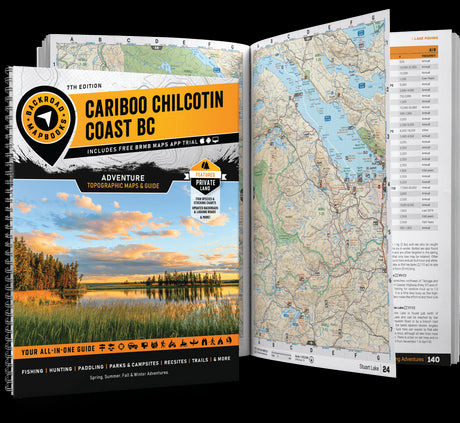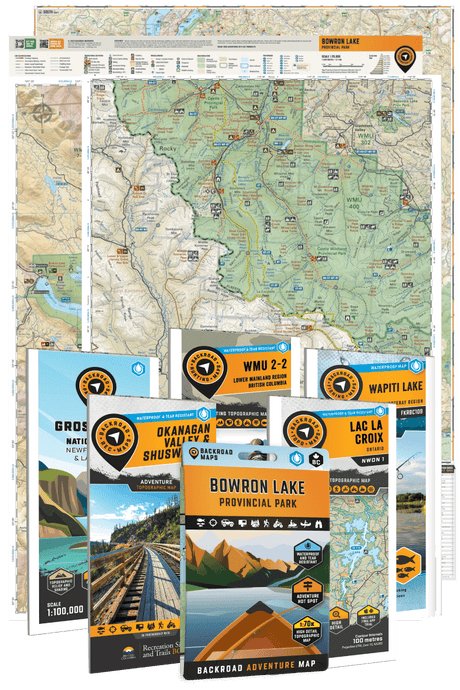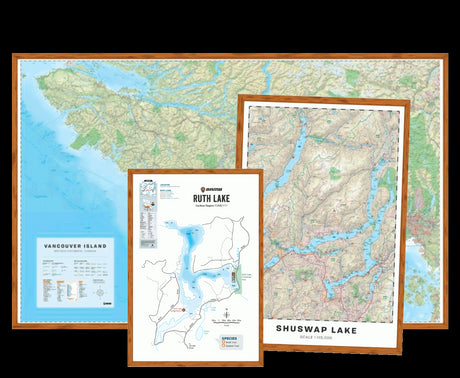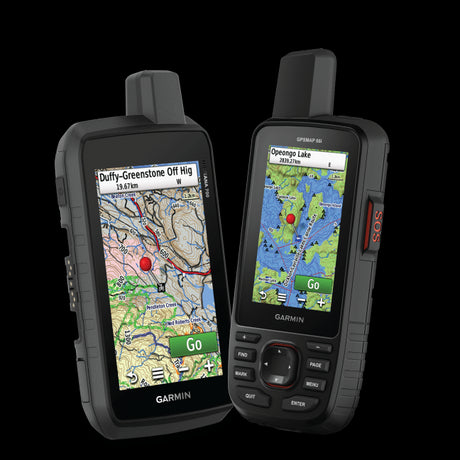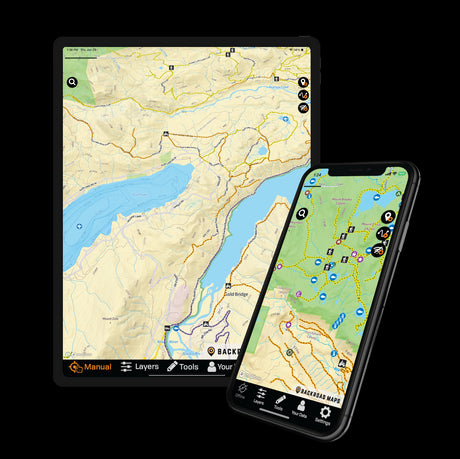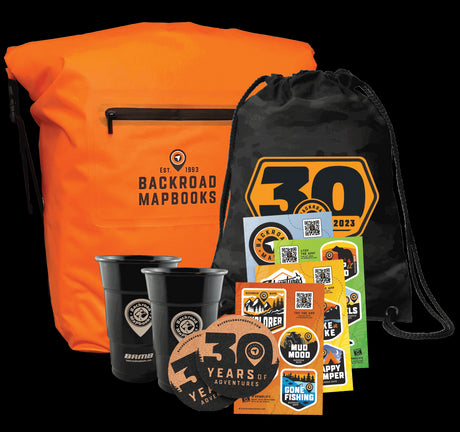From a young age, you are taught to share, be polite and always clean up after yourself. These are important rules and should be practiced throughout your life, including when you are exploring the backcountry. We take great pride in enjoying the benefits of our beautiful Canadian backcountry and need to practice trends to minimize our impact on the environment we enjoy, so we can play here for years to come!
While there are basic steps we can all take when enjoying the outdoors, such as removing garbage and using established trail systems opposed to tearing through your own, there are specific steps each user group needs to consider when enjoying various outdoor activities. So whether you are hiking in
BC’s Coastal Mountains, quadding around
Alberta’s badlands, fishing in
Ontario’s Great Lakes, or setting up camp on the
Eastern Coast, here is how you can preserve and protect the place you play.
General Guidelines for Everyone to follow in the Backcountry:
- Respect all trail restrictions and use only trails open to your mode of transportation
- Be considerate of others on the road or trail
- When traveling on shared-use trails, continually watch for other types of recreationists
- Slow down when sightlines are poor
- Keep speeds low around other recreationists
- Keep noise and dust down
- Listening to headphones or earbuds can make it difficult to hear and communicate with other recreationists. In some areas, it is illegal to operate vehicles or bikes with both ears covered
- Keep pets under control. Some trails require dogs to be leashed
- Be familiar with local rules
- Yield the right of way to those passing you from behind or traveling uphill
- Motorized vehicles yield to mountain bikes, runners, hikers and horses
- Mountain bikes yield to runners, hikers and horses
- Runners and hikers yield to horses
- Horses always have right of way in every circumstance
What specific rules should you be following on your adventures to keep our backcountry green?
Hikers
- Avoid cutting switchbacks to prevent erosion
- Wash your gear and support vehicle after a hike to reduce the spread of invasive plant and insect species
- Avoid sensitive areas like wetlands and meadows
Campers
- Be aware of camp fire bans and restrictions
- Never leave your campfire unattended and let firewood burn to a fine ash
- Use existing campsites where possible
- Place tents on a non-vegetated area
- Do not dig trenches around tents
- Use detergents, toothpaste, and soaps minimum 60 metres (200 ft) from any water source
- Bury human waste a 15-20 cm (6-8 in) shallow hole, a minimum of 60 metres (200 ft) from water sources or trails
ATVers/4X4ers/Quaders
- Take extra care in maintenance to avoid breakdowns
- Know the low points to avoid damage that will spill fluids, and carry a spill kit
- Cross water only where the trail indicates and at a 90-degree angle
- Avoid damage to tree trunks by carrying a strap for winches
- Avoid wheel spin or “rutting” of the trail
- Stay on the designated trails (drive over obstacles as opposed to around them so as not to widen trails)
Fishers
- Avoid sensitive areas used for spawning
- Avoid the spread of invasive fish species and disease — DON'T DUMP YOUR LIVE BAIT!
- Try not to keep any more fish then you need and be aware of size restrictions in your province
- Use existing trails to reach your fishing hole.
- Ensure human waste is buried at least 60 metres (200 ft) from any water source
- When using a motorized boat, maintain engine and check for leaks to avoid spills.
- Only launch watercraft in designated areas
Geocachers
- Follow similar rules as other groups depending on your mode of travel
- Ensure caches leave no impact on the environment and are safe from wildlife that may try to ingest them
Horseback Riders/Equestrians
- Ride single file to avoid widening of trails, or when possible in open country ride spread out to avoid creating new trails
- Be aware that you always have the right of way with other users and be prepared to instruct others on how to safely pass your animal on the trail
- Do not cut switchbacks to avoid erosion, and avoid “breaking trail” to take advantage of a natural jump or obstacle
Hunters
- Do not shoot across roadways or water
- Leave gates as you found them
- Be conscious of where you leave animal remains
- If traveling by vehicle, ensure firearms are left without ammunition to avoid accidental discharge on rough driving surfaces
Mountain Bikers
- Use appropriate gearing to avoid spinning tires uphill or from skidding while braking downhill
- Stay in the middle of trails to avoid widening
- Avoid wet or muddy areas
- Wash your bike regularly to avoid the spread of invasive species
Snowmobilers
- Stay on trails.
- Avoid locking brakes when descending a slope
- Maintain your snowmobile to avoid spillage of oil, gas and other fluids
- Avoid causing avalanches by staying away from steep slopes, cornices, gullies or depressions
- Be avanlanche aware and check for clues to an unstable snowpack
- Avoid travelling through areas that do not have enough snow cover so as not to damage the terrain beneath
We hope you will all practice these very simple tips and tricks to help keep yourselves and the environment safe, and preserve the backcountry so we can ALL play in it.
Do you have some great go green tips? Leave a comment below or join the #brmblife community of explorers, adventurers and environmental enthusiasts and share some of your favourite tips and tricks to lessen your impact on the trails on Instagram using #brmblife for a chance to win!



